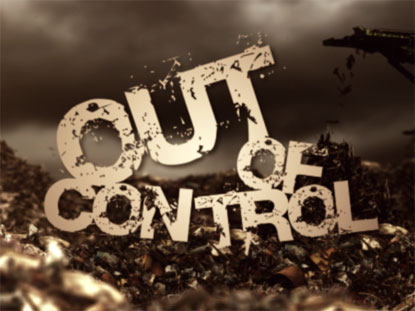The Hemp Connection:
mental health
The Lure of Supplements

PCOS and the Grief Process: Coming to a Place of Acceptance

PCOS and the Grief Process: Touching on Depression

PCOS and the Grief Process: Bargaining for Better Health

PCOS and the Grief Process: When Anger Controls You

PCOS and the Grief Process: All About Denial
Additional Thoughts on Grief, and an Introduction to a Mini-Series on PCOS-Related Grief

Finding Inspiration in the Oddest Places: The Airport Couple

Loss of Control, the Illusion of Control, and What to do About All of It

The Doctor Awaits: Getting to the Root of Why You Really, Really, Really Don’t Want to See the Doctor
Body Dysmorphic Disorder and You

Following the Unknown Path – Gifts, Trip-Ups, and Payoffs
“Mental Health Monday” Meets “Meatless Monday” – Changing Routines to Change Your Health
A lesson in reaching out for support

Stop Beating Yourself Up!

Six Key Steps for Dealing with the Frustration of Infertility

What if was PCOS causing your anxiety rather than the other way around?

Anxiety 101: Causes and Treatments
Food of the week: Pumpkin seeds (encore appearance)

The Poop, the Straight Poop, and Nothing But the Poop



